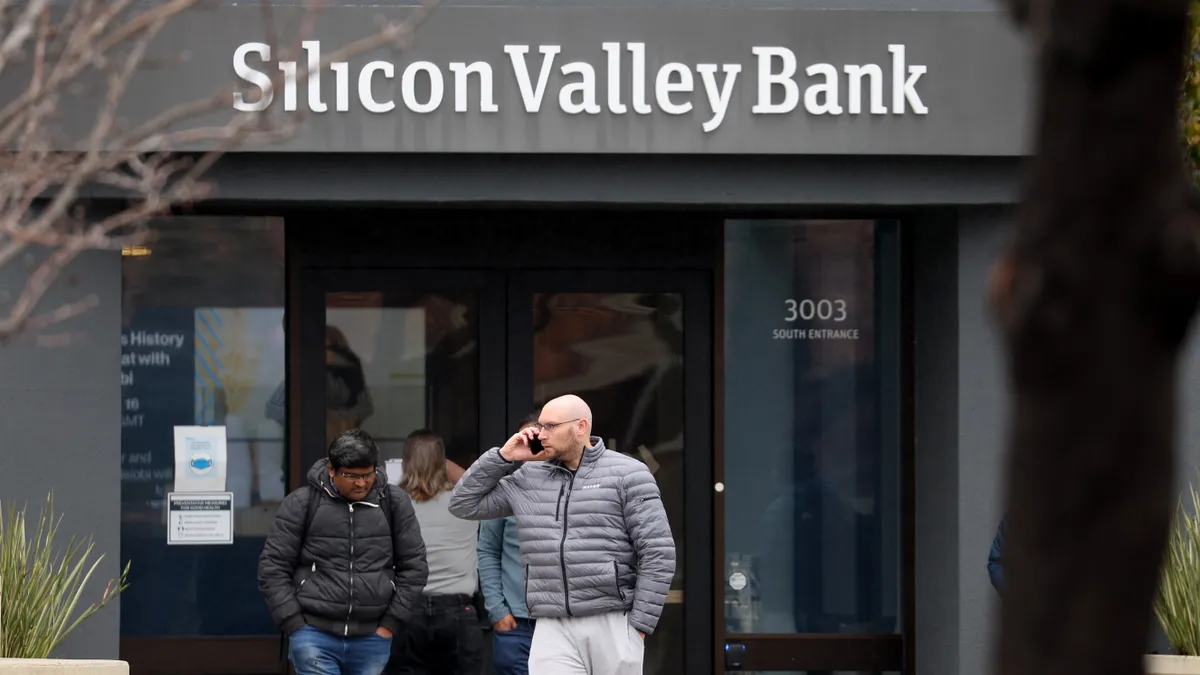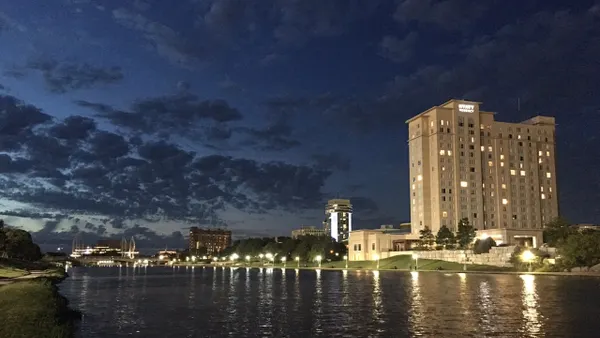A federal judge approved a plan from SVB Financial Group, the former parent company of the failed Silicon Valley Bank, to end its bankruptcy and distribute its assets to creditors and preferred equity holders.
But Friday’s ruling does not tie up the company’s legal battle against the Federal Deposit Insurance Corp. over more than $1.9 billion the agency seized during the bank’s failure. SVB Financial Group claimed the FDIC “improperly blocked” access to that money, hindering the company’s effort to reorganize. SVB Financial added that the account funds – “the core estate asset” — would generate more than $100 million in annual interest for the estate at current rates.
Judge Martin Glenn of the U.S. Bankruptcy Court for the Southern District of New York confirmed SVB Financial’s second amended plan of reorganization.
But, in a 185-page document, Glenn denied SVB Financial’s claim to dispose of the FDIC’s rights to the amounts owed to SVB. That case will be heard in a California federal court.
“The terms and conditions of the Plan Documents are fair and reasonable and were negotiated in good faith and at arm’s-length,” the judge wrote. “The compromises and settlements embodied in the Plan are in the best interests of the Debtor, its Estate and all Holders, are fair, equitable and reasonable and fall above the lowest point in the range of reasonableness.”
The Liquidating Trust can make distributions and payments as per the plan and trust agreement, even if the confirmation order is appealed, unless a stay is granted, the order noted.
The judge also approved the sale of SVB Capital to Pinegrove Sierra HoldCo, announced in May, according to the terms and conditions mentioned in the purchase agreement.
In its complaint against the FDIC, SVB Financial said if it were not given access to the funds, the company might need to resort to costly and uncertain debtor-in-possession financing.
SVB Financial’s argument rests on the FDIC's commitment to fully support “all deposits” at the bank, including those exceeding the standard $250,000 insurance limit. However, the FDIC has countered this claim, maintaining that the confiscated funds are necessary to offset the expenses incurred in rescuing the collapsed bank.
FDIC receivership states that the regulatory watchdog can take months to decide whether to return the money and, if appealed, it might take years to reach a verdict. This led Glenn to joke last year that the process could be resolved “sometime in the next century.”
In February, the Internal Revenue Service sued the FDIC in federal court to recover roughly $1.45 billion it claims SVB owes in taxes. That amount, an estimate, includes income and employment taxes due from 2020 through 2023 — when the bank failed. However, the FDIC denied SVB’s entire tax claim, the complaint said. The IRS, for its part, wants a judge to overrule the FDIC and determine the soundness of the claim and the amount of taxes owed.
New York City also sued the FDIC in January to retrieve more than $2.1 million in taxes it says SVB owes.













